Are you ready to explore the fascinating world of AI automation in healthcare?
In this article, we will dive into the role of AI in medicine and discuss whether medical doctors (physicians) are at risk of automation.
Discover the current applications, potential benefits, and challenges of implementing AI in medical practice.
Join us as we navigate the future of healthcare and find a balance between human expertise and AI technology.
Key Takeaways
- AI automation in healthcare has the potential to impact the roles and responsibilities of medical doctors.
- AI can assist physicians in making clinical decisions but should not replace human judgment entirely.
- Physicians need to adapt and learn new skills that complement the capabilities of AI systems.
- Ensuring patient privacy and data security are paramount concerns when integrating AI into healthcare.
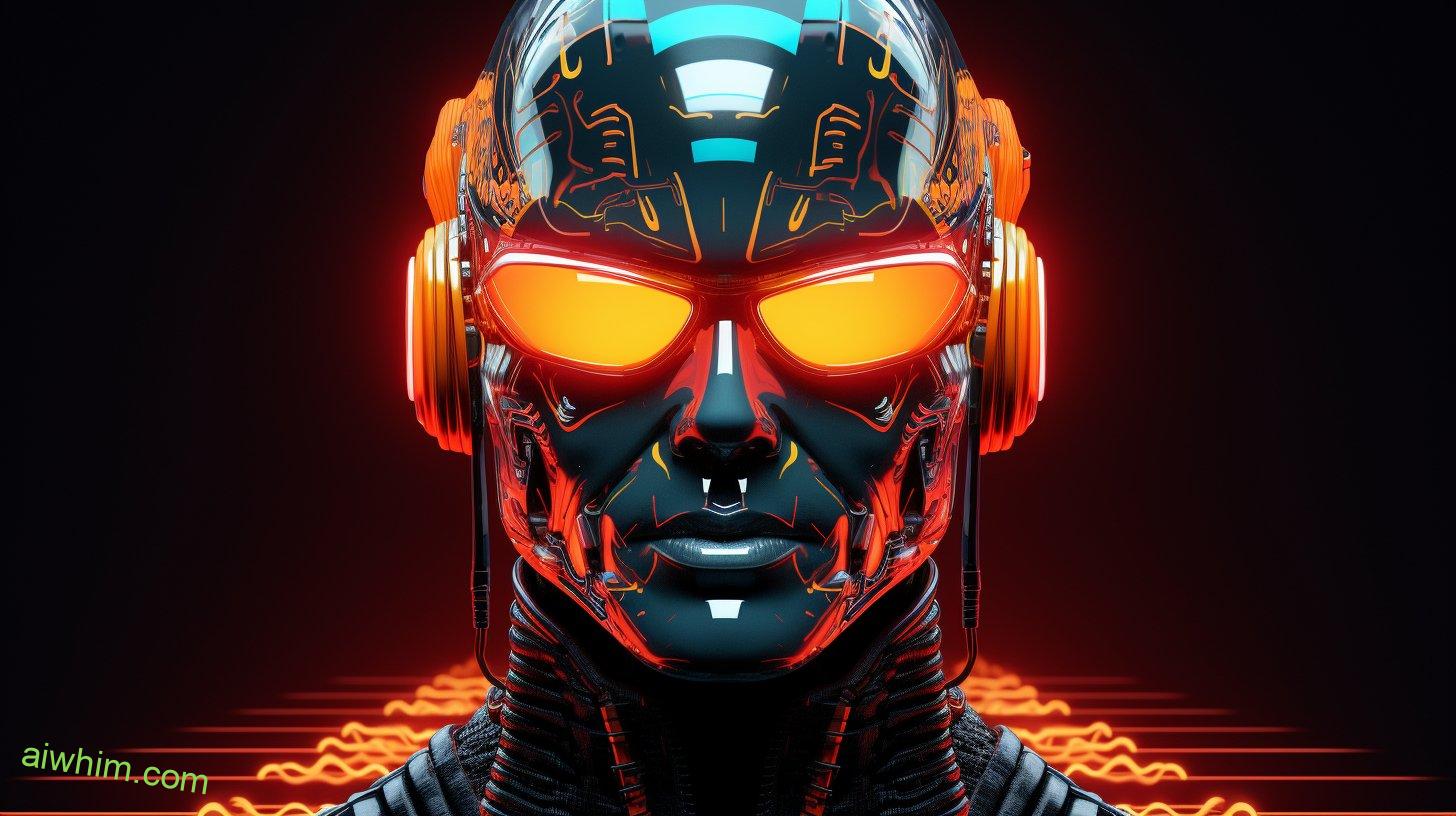
The Role of AI in Healthcare
You might be wondering about the role of AI in healthcare and how it could potentially impact medical doctors. Well, let me tell you, the advancements in artificial intelligence have brought about some exciting possibilities for the field of medicine.
One area where AI is making waves is in surgery. AI-assisted surgical systems are being developed to enhance precision and improve patient outcomes. These systems use machine learning algorithms to analyze vast amounts of data and assist surgeons during complex procedures. With AI’s ability to process information quickly and accurately, it can help doctors make better decisions during surgeries.
Another significant role of AI in healthcare is its application in medical research. Traditional methods of conducting research can be time-consuming and costly. However, with the help of AI, researchers can now analyze large datasets much more efficiently. By using machine learning algorithms, AI can identify patterns, predict outcomes, and even develop new treatment options based on the data analysis.
The integration of AI into surgery and medical research has undoubtedly revolutionized the healthcare industry. While some may worry that this advancement could replace human doctors entirely, it is crucial to remember that AI is meant to augment rather than replace physicians’ expertise. The goal here is not to eliminate doctors but rather empower them with advanced tools that can improve patient care.

Current Applications of AI in Medicine
There’s no denying that AI has made significant advancements in the field of medicine. It has proven to be a valuable tool in medical diagnosis, helping healthcare professionals analyze large amounts of data quickly and accurately.
However, it is important to recognize the current limitations of AI in medical diagnosis and the potential risks of relying too heavily on AI in medical decision making.
While AI algorithms can analyze medical images and detect patterns that may go unnoticed by human eyes, they still have their limitations. One major limitation is the lack of transparency in how AI systems arrive at their conclusions. This makes it difficult for doctors to fully trust and understand the decisions made by these systems. Additionally, AI algorithms are only as good as the data they are trained on. If there is bias or incomplete information in the training data, it can lead to inaccurate diagnoses or treatment recommendations.
Relying too heavily on AI in medical decision making also poses potential risks. Medicine is a complex field that requires a holistic approach, taking into account not only clinical data but also patient history, preferences, and values. While AI can process vast amounts of data quickly, it may overlook subtle nuances or fail to consider individual patient circumstances. Human judgment and intuition are essential components of providing personalized care.
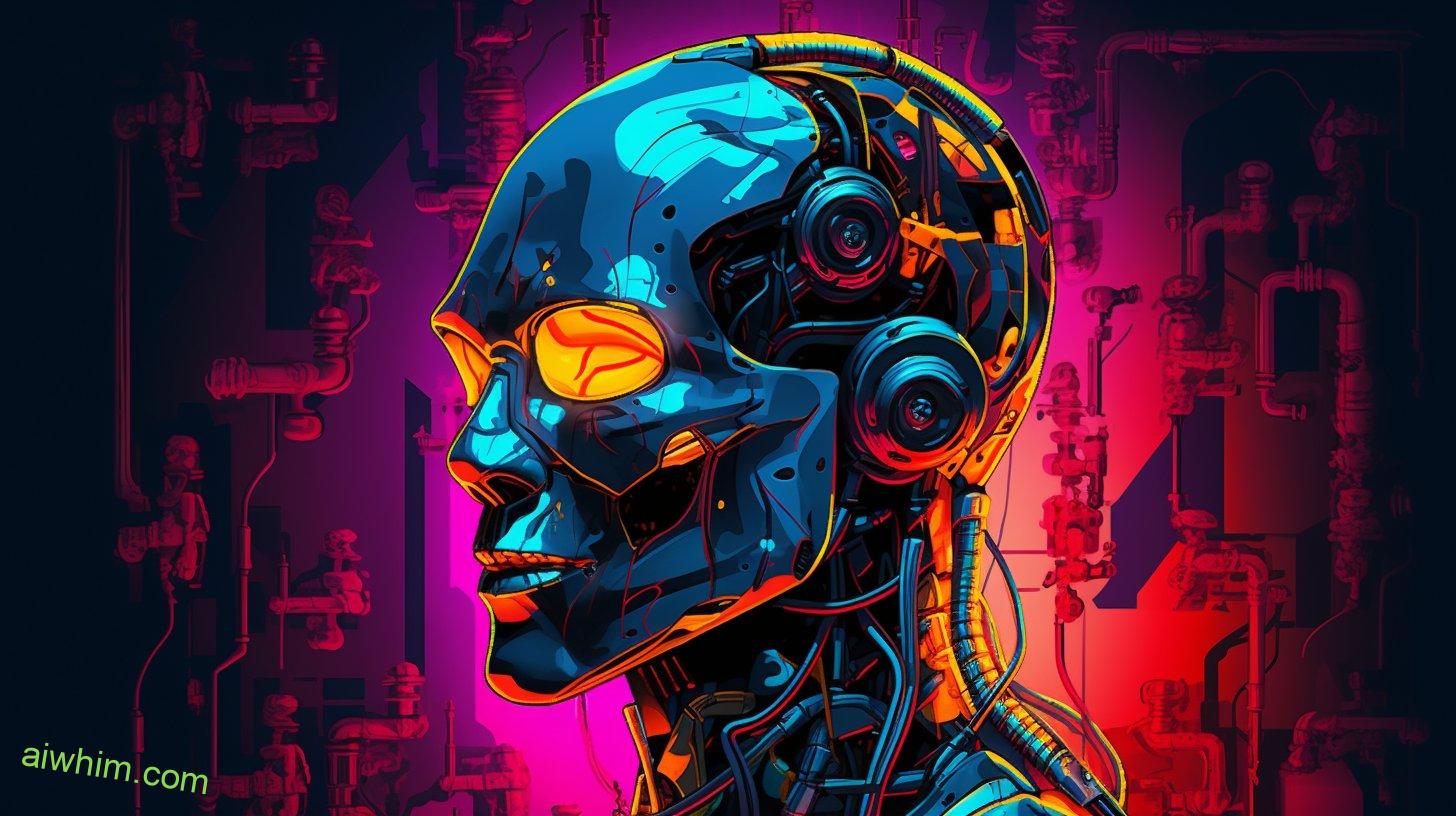
Potential Benefits of AI Automation in Healthcare
One of the potential benefits of AI automation in healthcare is the ability to streamline administrative tasks, allowing you, as a healthcare professional, to focus more on patient care. Here are four ways AI can help improve patient outcomes while reducing the burden of administrative work:
- Automated appointment scheduling: AI-powered systems can efficiently manage and schedule appointments, minimizing wait times and ensuring patients receive timely care. This frees up your time to provide personalized attention to each patient.
- Enhanced diagnostic accuracy: AI algorithms can analyze large amounts of medical data and assist in diagnosing diseases with greater precision. By leveraging machine learning techniques, these systems can identify patterns and make recommendations that augment your expertise, leading to improved patient outcomes.
- Efficient documentation and record-keeping: AI automation can simplify the process of documenting patient information by automatically transcribing notes during consultations or dictations. This reduces paperwork and allows you to spend more time interacting with patients rather than being tied down by administrative tasks.
- Personalized treatment plans: With access to vast databases of medical research and patient records, AI systems can suggest tailored treatment options based on an individual’s specific condition and medical history. By incorporating this technology into your practice, you can optimize treatment plans for better results while still providing personalized care.
While there are potential risks associated with implementing AI in healthcare, such as concerns about privacy and algorithm bias, it’s important to recognize how these technologies have the potential to greatly enhance patient care. By leveraging AI automation for administrative tasks, you have the freedom to focus on what truly matters: improving patient outcomes and delivering high-quality care.

Challenges of Implementing AI in Medical Practice
Implementing AI in the field of healthcare presents challenges, such as addressing concerns about privacy and potential algorithm bias. However, with the freedom to explore new possibilities, these challenges can be overcome.
One of the main implementation challenges is ensuring data privacy. As AI algorithms rely on vast amounts of patient data to make accurate predictions and diagnoses, it becomes crucial to protect this information. Healthcare providers must establish robust security measures to safeguard patient records from unauthorized access or breaches. By implementing strong encryption protocols and regularly updating security systems, healthcare organizations can maintain the trust and confidence of their patients while harnessing the power of AI.
Another challenge is potential algorithm bias. AI algorithms are trained using historical data, which may contain biases or reflect pre-existing disparities in healthcare delivery. It’s important for developers to address this issue by carefully selecting training datasets that are diverse and representative of different populations. Additionally, ongoing monitoring and evaluation should be conducted to identify any bias that may arise during the implementation process.
To overcome these challenges, collaboration between healthcare professionals, technology experts, and policymakers is essential. By working together, they can develop guidelines and regulations that ensure ethical use of AI in medical practice while protecting patient rights.
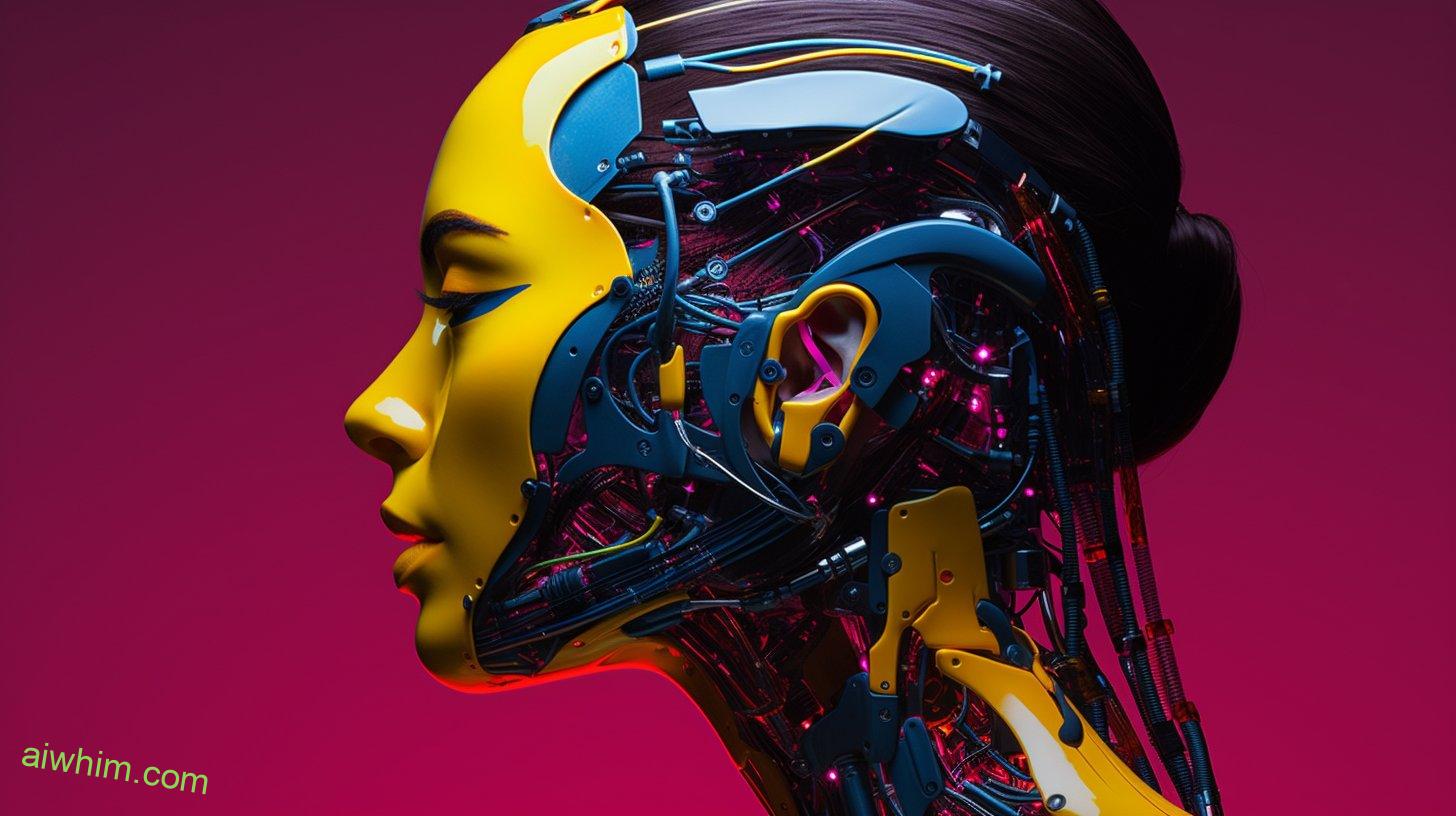
Impact of AI on Diagnostic Accuracy
To improve diagnostic accuracy, you can rely on AI technology to analyze vast amounts of patient data and provide more precise and timely diagnoses. Here are four ways in which AI can have a positive impact on treatment outcomes:
- Enhanced Efficiency: With the help of AI, medical professionals can save valuable time by automating certain diagnostic processes. This allows doctors to focus more on patient care and decision-making, leading to improved treatment outcomes.
- Increased Precision: AI algorithms are designed to detect patterns and make connections that may not be immediately apparent to human doctors. By analyzing large datasets, AI can identify subtle indicators of diseases or conditions, enabling earlier detection and more accurate diagnoses.
- Personalized Medicine: Every person is unique, with different genetic predispositions and lifestyle factors influencing their health. AI has the potential to leverage this information to tailor treatments specifically for each individual’s needs, resulting in better treatment outcomes.
- Accessible Healthcare: In many parts of the world, access to quality healthcare is limited due to factors such as geographical location or shortage of medical professionals. AI-powered diagnostic tools can bridge this gap by providing reliable diagnoses remotely, ensuring that patients receive timely care regardless of their physical location.
However, it is important to recognize the potential risks of relying solely on AI for diagnoses:
- Lack of Human Judgment: While AI algorithms are powerful tools for analysis, they lack the ability to consider contextual factors or exercise judgment based on experience and intuition like human doctors do. Relying solely on AI could lead to missed opportunities for accurate diagnosis or inappropriate treatments.
- Data Bias: If trained using biased data sets that do not adequately represent diverse populations or account for social determinants of health, AI algorithms may perpetuate existing disparities in healthcare outcomes.

How AI Can Enhance Treatment Planning
By harnessing the power of AI, you can utilize advanced technology to improve treatment planning and ensure better patient outcomes. AI has revolutionized various aspects of healthcare, including surgical procedures and disease prediction. Let’s explore how AI can enhance treatment planning in these areas.
In surgical procedures, AI plays a crucial role by providing real-time assistance to surgeons. With the help of machine learning algorithms, AI systems analyze vast amounts of data from previous surgeries, medical records, and imaging scans to identify patterns and make predictions. This enables surgeons to have a comprehensive understanding of the patient’s condition before entering the operating room. By using AI in surgical procedures, you can reduce the risk of complications and improve surgical precision.
Furthermore, AI also aids in disease prediction by analyzing large datasets and identifying potential risks early on. Through predictive models, AI algorithms can detect subtle changes in patient data that may indicate the development or progression of diseases such as cancer or heart conditions. This allows for earlier intervention and more effective treatment strategies. By incorporating AI into disease prediction, you can significantly improve patient outcomes by detecting diseases at their earliest stages when they are most treatable.
Overall, leveraging the power of AI in treatment planning empowers healthcare providers like yourself to make informed decisions that lead to better patient outcomes. Whether it is assisting surgeons during complex procedures or predicting diseases with greater accuracy, integrating AI into healthcare practices ensures that every step is taken to provide optimal care for patients seeking freedom from ailments threatening their well-being.

Ethical Considerations in AI Automation for Physicians
In the previous subtopic, we explored how AI can enhance treatment planning for physicians. Now, let’s dive into the ethical implications and privacy concerns surrounding AI automation for doctors.
- Patient Confidentiality: With the integration of AI in healthcare, there is an increased risk of patient data being compromised. Physicians must ensure that proper security measures are in place to protect sensitive medical information from unauthorized access.
- Bias in Algorithms: AI algorithms are developed based on existing data, which may contain biases or inaccuracies. This could lead to unfair treatment decisions or disparities in healthcare outcomes. It is essential for physicians to critically evaluate and validate the results produced by AI systems to prevent potential harm to patients.
- Human Oversight: While AI automation can assist physicians in making clinical decisions, it should never replace human judgment entirely. Doctors must maintain a balance between relying on AI recommendations and applying their expertise and intuition when caring for patients.
- Transparency and Accountability: The use of AI in medicine raises questions about who should be held responsible for errors or malfunctions caused by automated systems. Physicians need to advocate for transparency and accountability in algorithm development and implementation to ensure patient safety and trust.
As technology continues to advance, it is crucial for physicians to navigate these ethical considerations and address privacy concerns associated with AI automation responsibly. By staying vigilant, upholding patient confidentiality, challenging biases, maintaining human oversight, and demanding transparency, doctors can harness the power of AI while safeguarding the freedom and well-being of their patients.
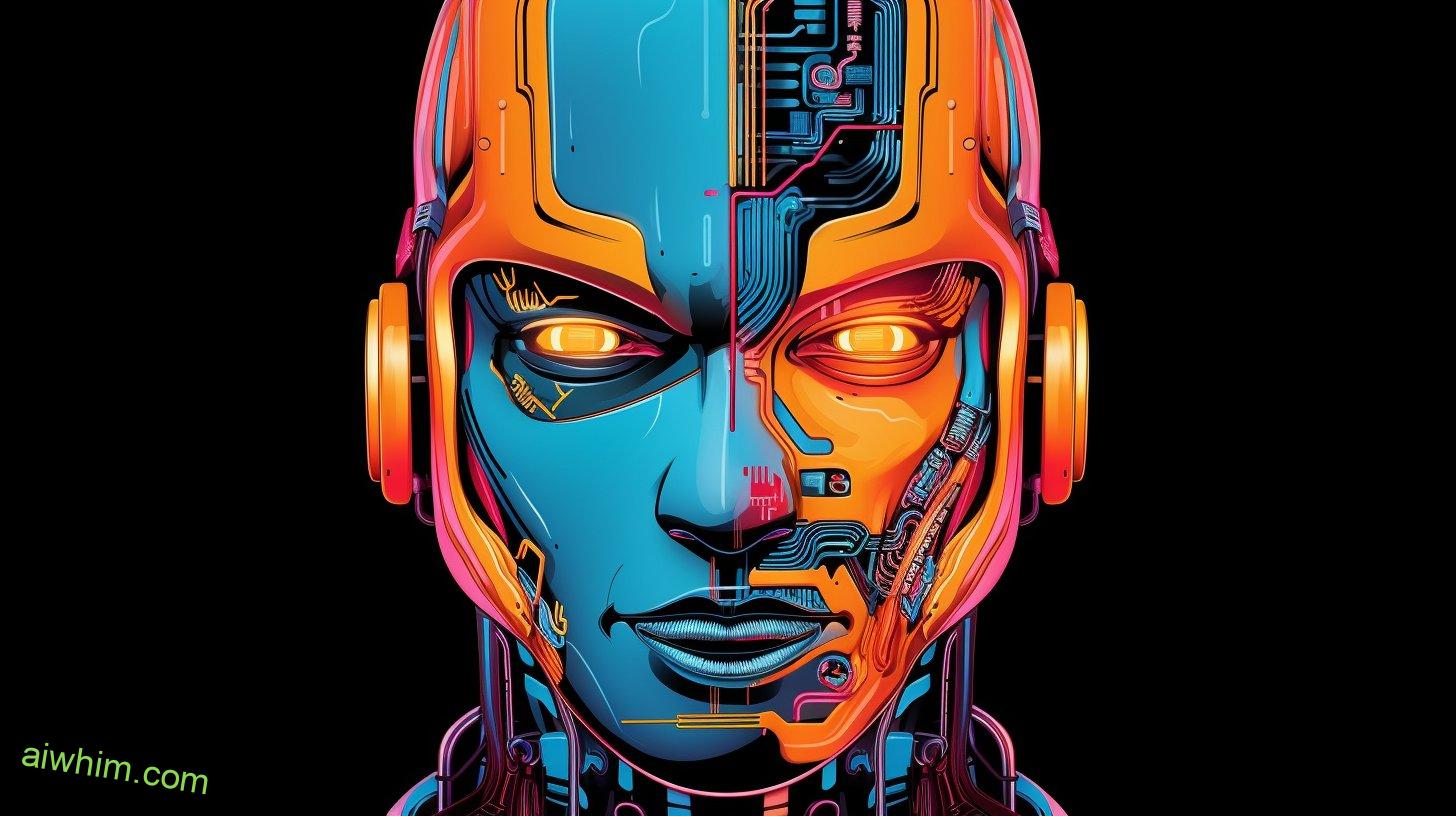
The Future of AI in Medical Education and Training
Stay ahead of the curve by embracing the potential of AI in medical education and training, as it promises to revolutionize how you acquire knowledge and skills for better patient care. The future challenges that lie ahead in the field of medicine are vast, but with technological advancements such as AI, we have an opportunity to overcome them.
AI has already made significant strides in various areas of healthcare, from diagnosis to treatment plans. Now, it is poised to transform medical education and training.
Imagine a world where you can access personalized learning modules tailored specifically to your needs and learning style. With AI-powered platforms, you can receive real-time feedback on your performance and identify areas for improvement. This technology has the potential to enhance traditional methods of teaching by providing interactive simulations, virtual reality experiences, and even robotic surgical training.
However, embracing AI also comes with its own set of challenges. As technology continues to advance rapidly, it is crucial for medical professionals like yourself to stay updated with the latest developments. It requires a willingness to adapt and learn new skills that complement the capabilities of AI systems.
Moreover, ethical considerations must be taken into account when integrating AI into medical education and training. Ensuring patient privacy and data security should be paramount concerns while harnessing the power of this technology.

Balancing Human Expertise With AI Technology
To achieve a harmonious integration of human expertise and AI technology, you must actively seek ways to collaborate and leverage the unique strengths of both. Balancing human decision making with AI integration is crucial in order to harness the full potential of these powerful tools.
Here are four ways you can achieve this balance:
- Embrace collaboration: Recognize that humans and AI have complementary strengths. While AI excels at processing vast amounts of data quickly, humans possess creativity, empathy, and intuition. By working together, you can combine the analytical power of AI with the critical thinking abilities of humans to make more informed decisions.
- Maintain control: While it’s important to embrace AI technology, remember that ultimate decision-making authority should lie with humans. Ensure that algorithms are transparent and understandable so that you can evaluate their recommendations critically. This way, you retain the freedom to accept or reject their suggestions based on your own judgment.
- Continuously learn and adapt: Stay abreast of advancements in both human expertise and AI technology by seeking out opportunities for learning and growth. Embrace lifelong learning to stay relevant in an evolving landscape where new technologies continue to emerge.
- Foster a culture of trust: Building trust between humans and AI systems is essential for successful integration. Encourage open communication, transparency, and accountability within your team or organization. By cultivating a trusting environment, you can work collaboratively with AI systems without fear or hesitation.

Addressing Patient Concerns About AI in Healthcare
Understanding your concerns about the role of AI in healthcare, it’s important to address any misconceptions and emphasize the ways in which this technology can enhance patient care and outcomes.
As a patient, you may have concerns about AI replacing human doctors or compromising the quality of care you receive. However, it is crucial to understand that AI is not meant to replace physicians but rather assist them in providing better healthcare.
One common concern is that AI will lead to a loss of the personal touch and empathy that comes with human interaction. While it is true that AI cannot replicate human emotions, it can still play a valuable role in enhancing patient care.
For example, AI algorithms can analyze vast amounts of medical data quickly and accurately, helping doctors make more informed decisions about diagnosis and treatment options. This enables physicians to spend more time focusing on building relationships with patients and providing emotional support.
Another concern revolves around privacy and data security. It’s understandable to worry about your personal health information being shared or misused by AI systems. However, strict regulations are in place to protect patient confidentiality and ensure data security. Healthcare providers are bound by ethical guidelines and legal obligations to safeguard your information.
AI also has the potential to improve access to quality healthcare for underserved populations. By leveraging telemedicine platforms powered by AI technologies, patients in remote areas can receive expert medical advice without traveling long distances or waiting for extended periods.

Ensuring Collaborative Care in the Era of AI Automation
Now that you understand the concerns patients may have about AI in healthcare, let’s shift our focus to ensuring collaborative care in the era of AI automation. As a patient who values freedom and personalized care, it’s important for you to know how healthcare teams are adapting to this changing landscape.
Collaborative care models are becoming increasingly crucial as AI takes on more responsibilities in healthcare. Here are four ways interdisciplinary healthcare teams are working together to deliver the best possible outcomes for patients like yourself:
- Communication and Sharing: Interdisciplinary teams foster open communication channels, ensuring that all members are well-informed about your unique needs and preferences. This enables them to provide tailored care that aligns with your goals.
- Coordinated Care Plans: By pooling their expertise, doctors, nurses, specialists, and other professionals can create comprehensive care plans that address all aspects of your health. This holistic approach ensures that no aspect of your well-being is overlooked.
- Continuity of Care: Interdisciplinary teams prioritize continuity by sharing information seamlessly throughout your healthcare journey. This means each member is aware of the treatments or interventions you’ve received previously, leading to better coordination and avoiding unnecessary repetition.
- Empowered Decision-Making: Your input matters! With collaborative care models, interdisciplinary teams actively involve you in decision-making processes regarding your treatment options and overall health plan. They respect your autonomy and work with you as partners in achieving optimal health outcomes.

Frequently Asked Questions
What Are the Potential Risks of AI Automation in Healthcare for Medical Doctors?
As a medical doctor, you face potential risks with AI automation in healthcare. Ethical implications arise as decisions are made by algorithms. It may impact the patient-doctor relationship if patients feel less heard or understood.
How Will AI Automation Affect the Job Market for Physicians?
AI automation will have a significant impact on the job market for physicians, potentially threatening their job security. As AI takes over certain tasks, it could reshape the healthcare industry and alter the role of doctors.
Are There Any Legal or Regulatory Challenges Associated With Implementing AI in Medical Practice?
When implementing AI in medical practice, there are legal and regulatory challenges to consider. Ethical considerations arise regarding patient data privacy. However, with proper safeguards in place, AI can greatly benefit healthcare while maintaining ethical standards.
What Are the Limitations of AI Technology in Terms of Diagnostic Accuracy?
AI technology in terms of diagnostic accuracy has its limitations. Challenges and drawbacks exist, such as the potential for errors or misdiagnosis. However, it is important to consider the context and not jump to conclusions about AI replacing medical doctors.
How Can Physicians Ensure Proper Collaboration With AI Systems in Patient Care?
To optimize patient outcomes, physicians must embrace AI integration and collaborate effectively with the technology. By working alongside AI systems, doctors can enhance their decision-making process and ensure the best care for their patients.
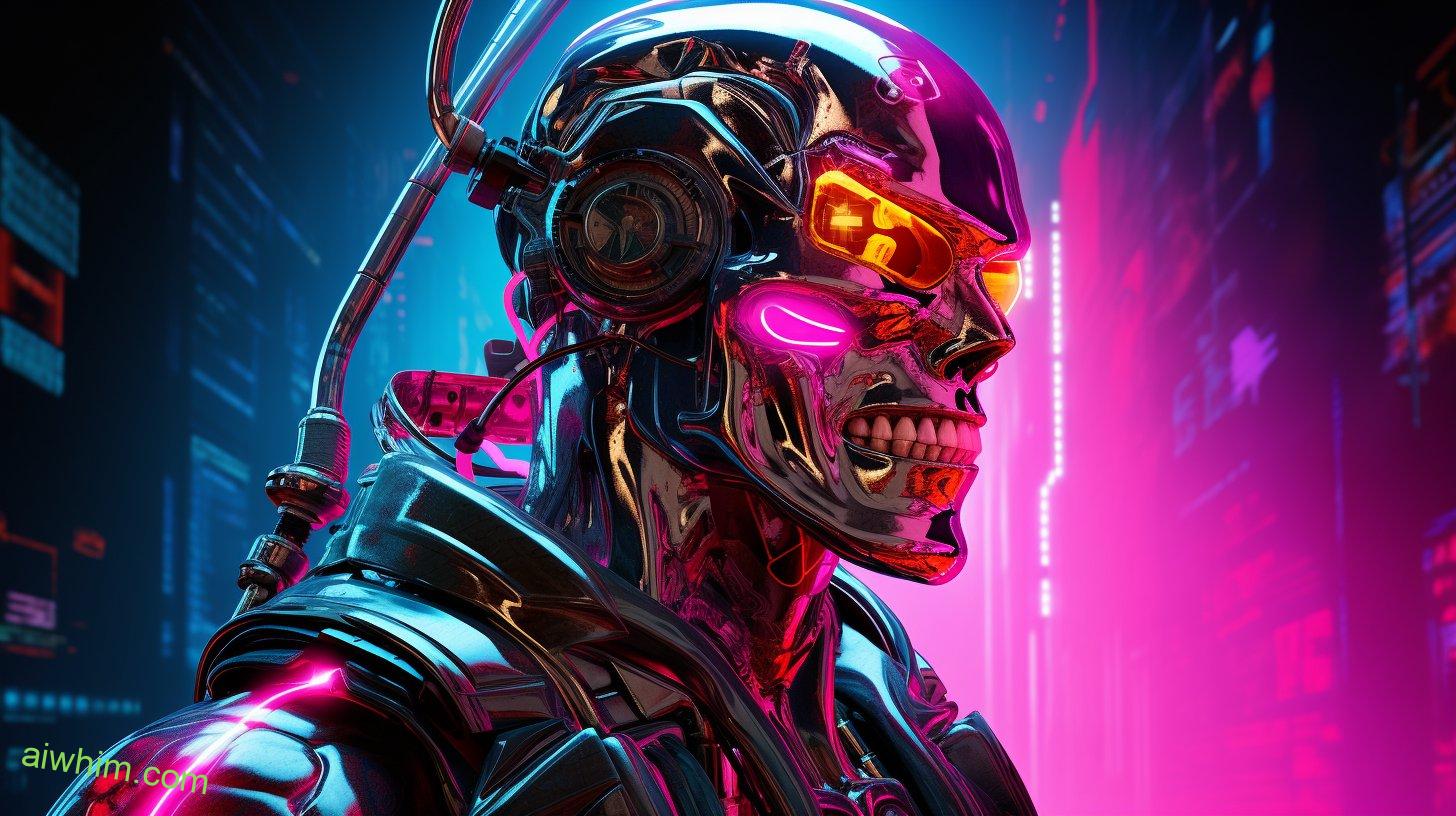
Conclusion
In conclusion, you may be wondering if medical doctors (physicians) are at risk of AI automation. Well, the truth is that while AI has the potential to automate certain tasks in healthcare, it cannot replace the expertise and empathy of a human doctor.
Instead, AI should be seen as a tool to enhance medical practice and improve patient care. By finding the right balance between human expertise and AI technology, we can ensure collaborative care in this new era of automation.
So rest assured, doctors will continue to play a vital role in healthcare alongside AI.







